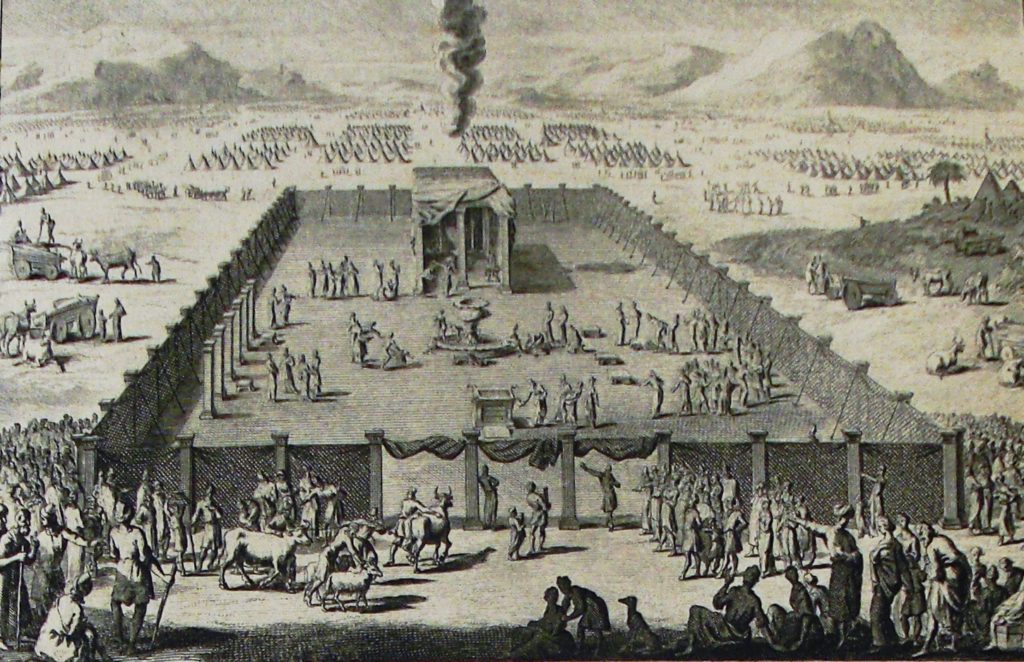What just happened:
Some sections are easier to relate to than others. And then there was this week’s parsha. Two years ago there wouldn’t have been much to work with here. This year it read like a practical and super relevant how-to guide for people learning to live together, when living together means living with disease.
Since the first person figured out how to have a neighbor and not eat them, we’ve been trying to make this live-together-thing work. We’ve had better centuries and we’ve had worse ones. But show me another mammal that can live in 30-story buildings packed with neighbors above, below, on all sides, millions of souls going up and down elevators, shopping, making a nice brisket, and mostly not killing each other.
And don’t say poodles. Poodles are terrible at making brisket.
So what can we learn from Leviticus’ advice on living with leprosy, and perhaps more importantly, living with lepers?
Of possible note:
- The Torah asks us to trust the Levites. Interestingly, they aren’t making religious judgments. They’re just… being trustworthy. Worthy of trust. Because having trusted leadership is not optional when people start getting sick.
- It turns out that quarantining is a helpful option. Good to know.
- We don’t burn the sick or blame the sick. And we don’t pretend the sick aren’t really that sick. If we think someone’s sick, we keep them away from the herd, to keep the herd whole.
- And we ask the sick to do their part too — to the small things they can to stop or slow the spread. Because the basic idea is, we’re all in this together. And if we stay calm and kind, if we have trusted leaders, if each do our part, maybe we’ll all get through this together too.
